Building Bridges: How Collaboration is Propelling India's Pharma Industry Forward ...
It’s been nearly 20 years since the US Pharmacopeia (USP) established our laboratories in Hyderabad and we began growing our team of scientists and other professionals in India. In the time since, the global pharmaceutical landscape has undergone a tremendous amount of evolution.
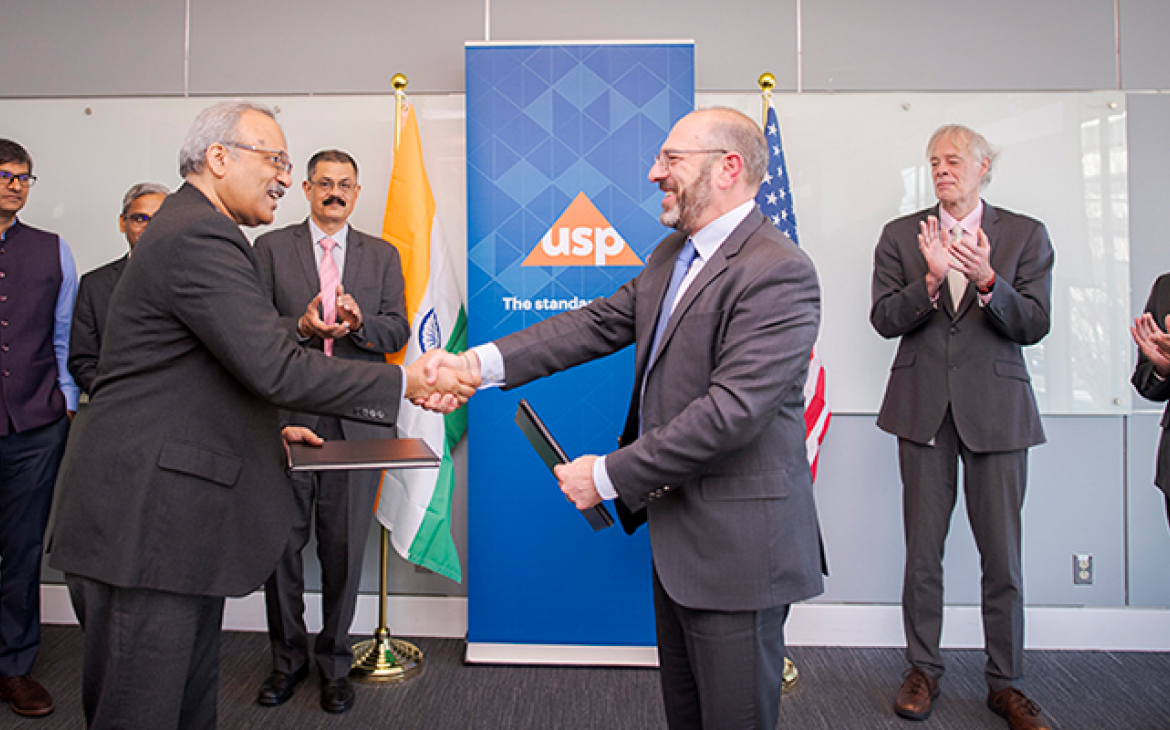
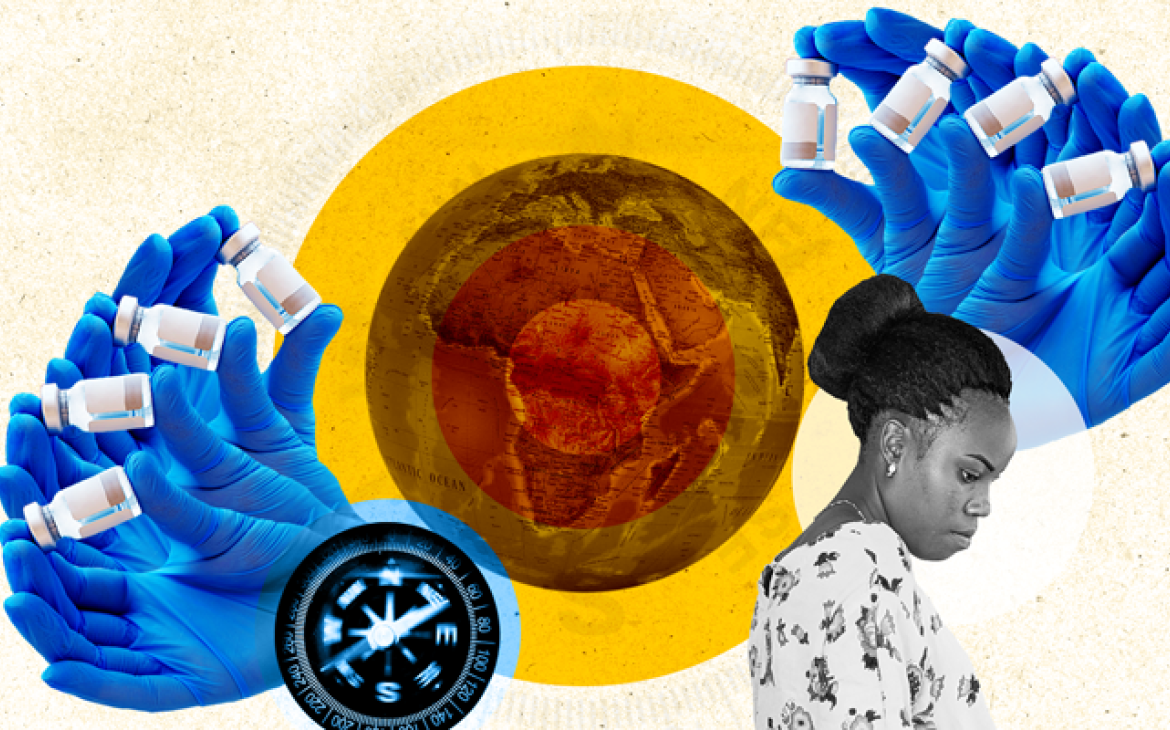

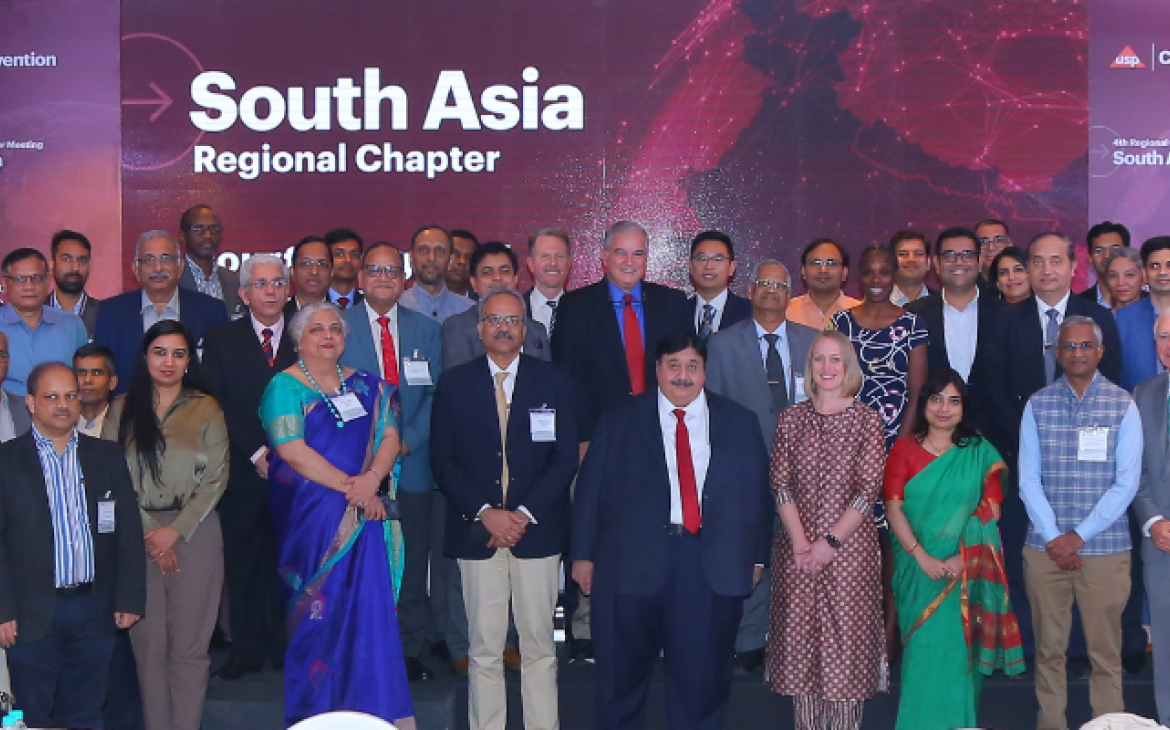


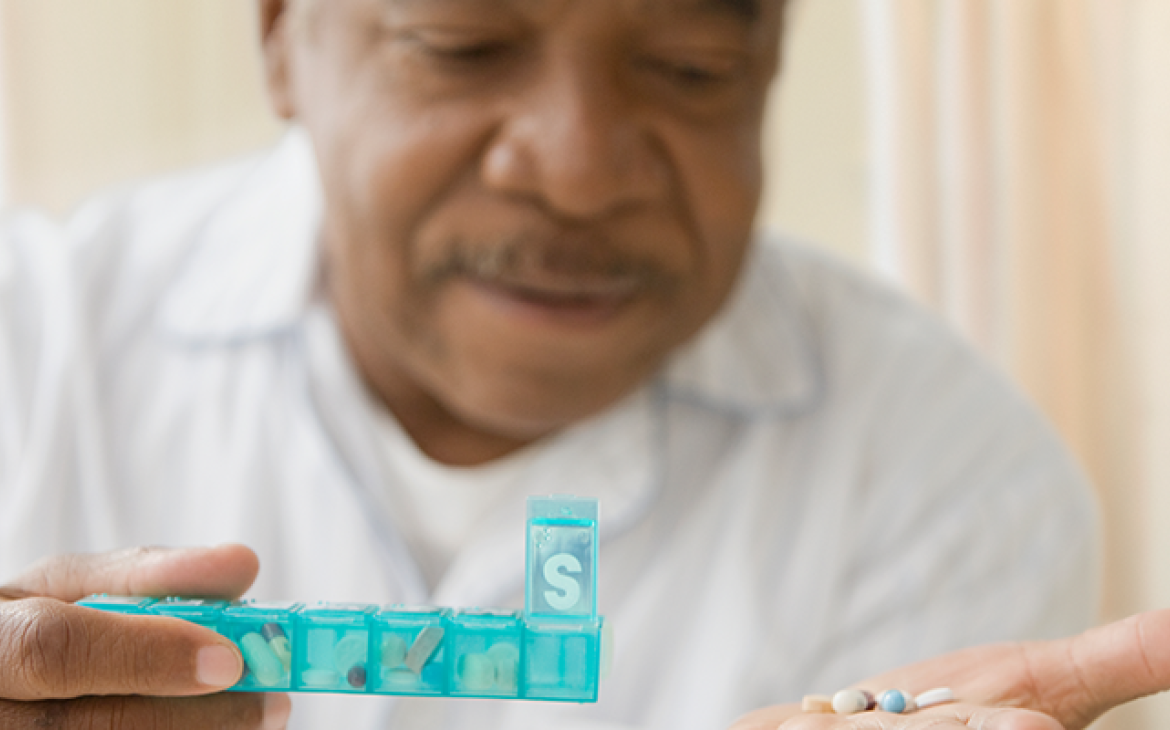
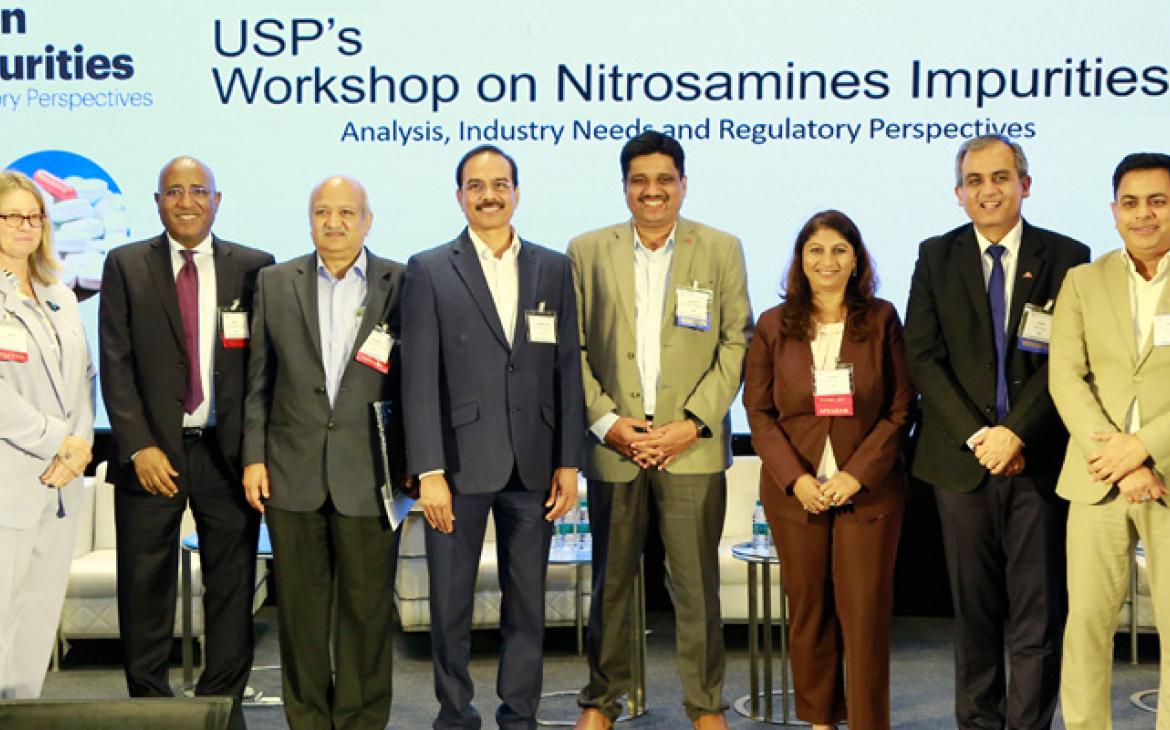

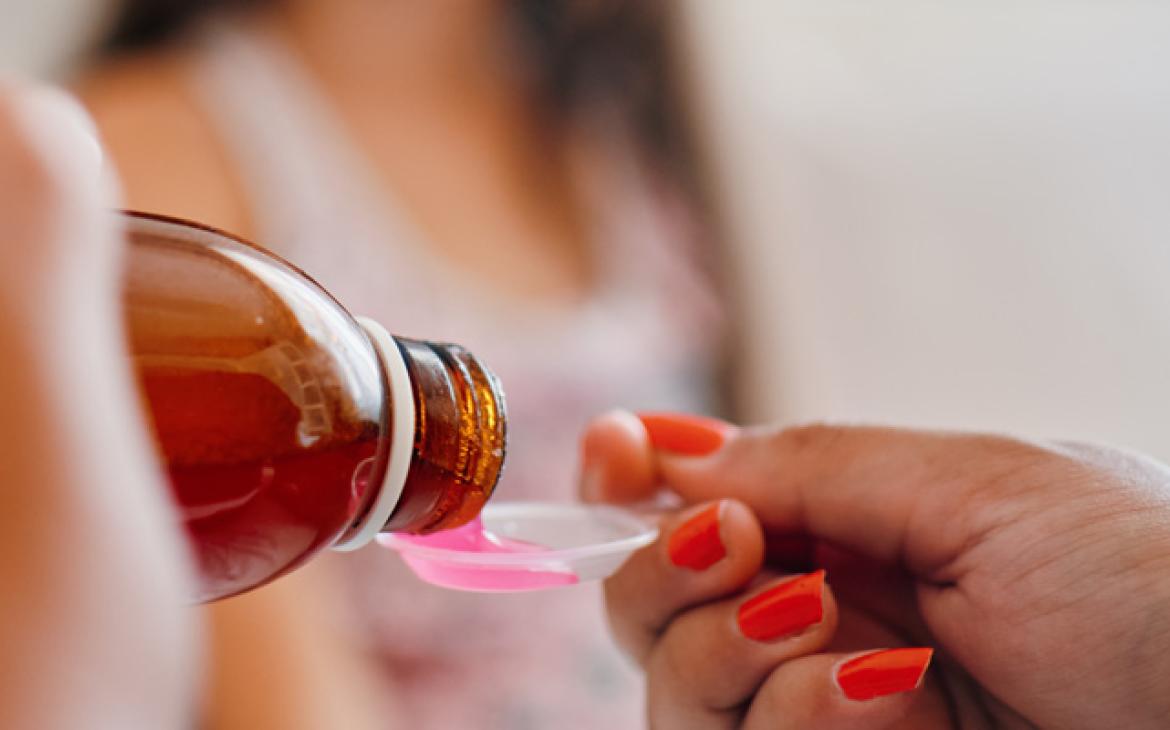

 Show 11 More
Show 11 More